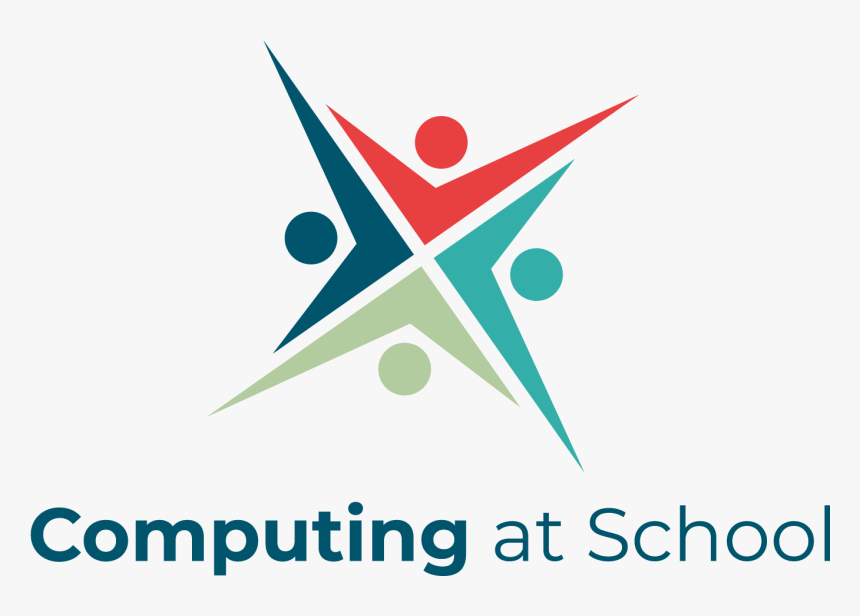The importance of programming is explicit in one of the four Aims of the National Curriculum for computing:
All pupils can analyse problems in computational terms, and have repeated practical experience of writing computer programs in order to solve such problems.
But why? Why has programming been made such a key aspect of the National Curriculum for computing? Because programming is not just a means to an end: it is a fundamental part of the subject itself, just as music performance is fundamental to music, and writing is as fundamental to English as reading. A computing education without programming would be a dry eviscerated husk, shorn not just of motivation and enjoyment, but of intrinsic content.


